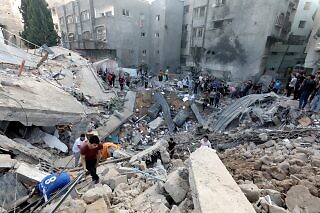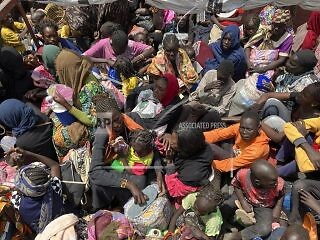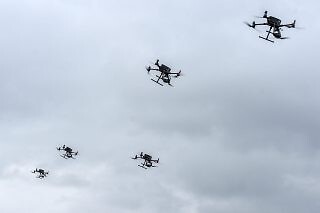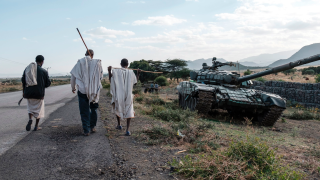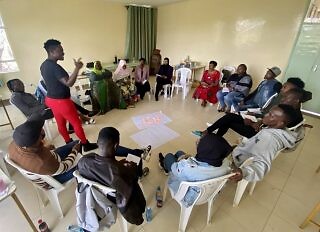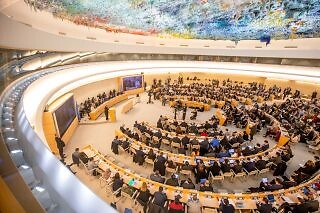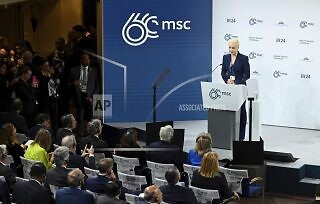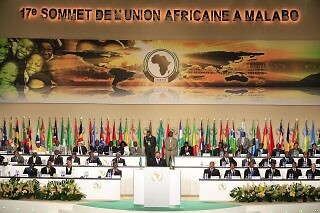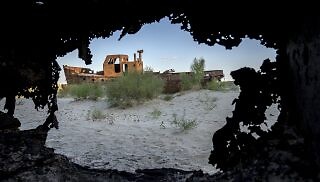While Israel wages war against Hamas in Gaza and Russia pursues its war in Ukraine, an egregious yet potentially overlooked assault may be under way in both contexts.Amid the massive loss of life and displacement in Gaza, as well as the burgeoning humanitarian catastrophe, over 100 ancient cultural or archaeological sites in the Strip were […]
Analysis
-
-
For the first time in nearly 20 years, Sudan is without a UN peace operation that enables or supports the protection of civilians, increasing the likelihood that the already severe protection gaps in country will worsen. This danger is particularly significant as the war between the Sudanese Armed Forces (SAF), led by General Abdel Fattah […]
-
At a time of deepening competition over artificial intelligence (AI) and the microchips, data centers, and critical minerals that power it, the world experienced a rare glimmer of multilateral cooperation last month. On March 21, 2024, the United Nations (UN) General Assembly adopted an unprecedented resolution to promote safe, secure, and trustworthy AI. Backed by the […]
-
While the guns have fallen silent in Tigray after the Pretoria Cessation of Hostilities Agreement, escalating violence in various parts of the country—notably Amhara and Oromia—are putting into question the feasibility of the country’s new transitional justice draft policy, and the unresolved territorial disputes between Tigray and Amhara are raising the specter of conflict relapse.
-
The upcoming UN Peacebuilding Architecture Review provides a unique opportunity for the UN to shape the future of peacebuilding at a moment when sentiment toward multilateral institutions and the liberal framework guiding peacebuilding as a whole is changing. The way in which the review is developed and implemented, as well as the outcomes, offers a platform to tackle these contemporary challenges and guide the field of peacebuilding into the future. Central to this is the meaningful inclusion of diverse voices through innovative processes. Toward this end, the UN can work in partnership with intermediaries with a track record of organizing such inclusive and participatory processes.
-
Whether through its investigative capabilities, its special rapporteur system, or the forum itself, the Human Rights Council could evolve to become a more central and effective actor in addressing peace and security risks.
-
It was a moment that no one present will soon forget. Just hours after the news broke of her husband’s death in a Russian prison, Yulia Navalnaya took the stage at the 60th Annual Munich Security Conference (MSC), in a previously unscheduled appearance, immediately following US Vice President Kamala Harris. Few could imagine the strength […]
-
On February 28, 2004, during the second extraordinary session of the African Union in Sirte, Libya, the continental body adopted the Common African Defence and Security Policy (CADSP), which set out to consolidate a continental architecture capable of advancing peace and security by addressing domestic and foreign threats. Even after two decades of major shifts […]
-
It is not too late for UN member states to generate a planetary narrative and outcome for the Summit of the Future in September 2024. Here are some steps that can be taken so the Summit will resonate with the majority who see the environment as a top priority.
-
Considering that the climate crisis predated the COVID-19 pandemic, why has attention on climate misinformation lagged? And how can efforts to tackle climate misinformation learn from and build off of similar efforts in the field of health?
